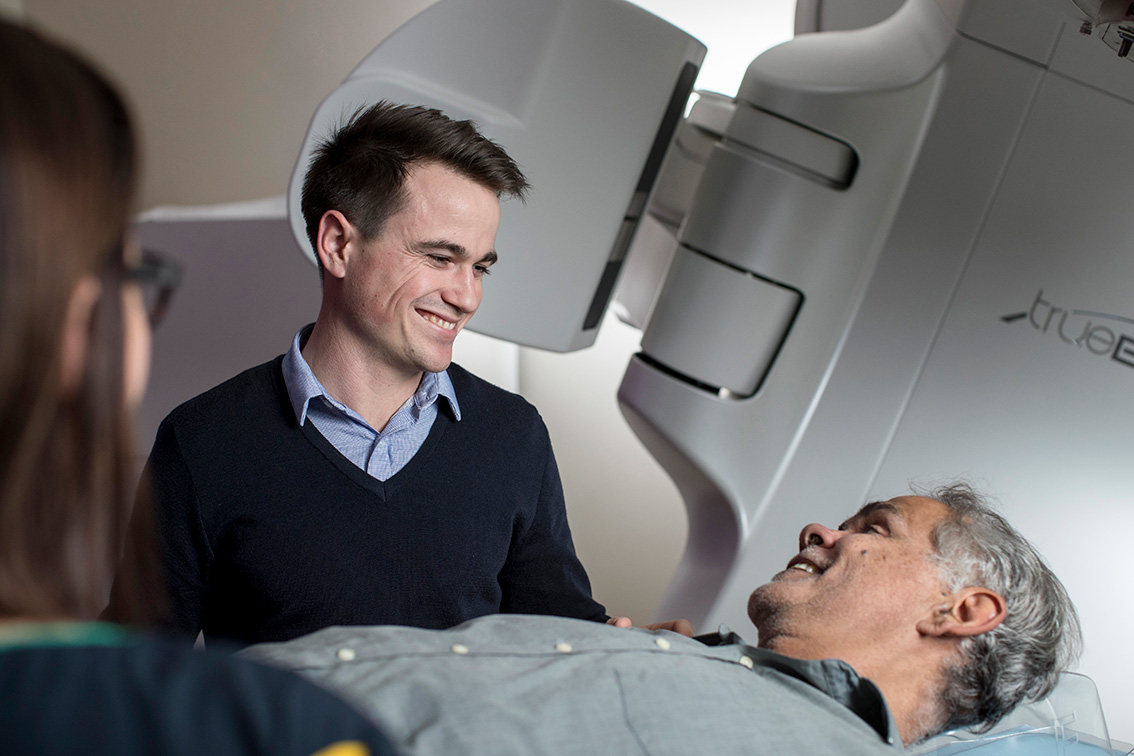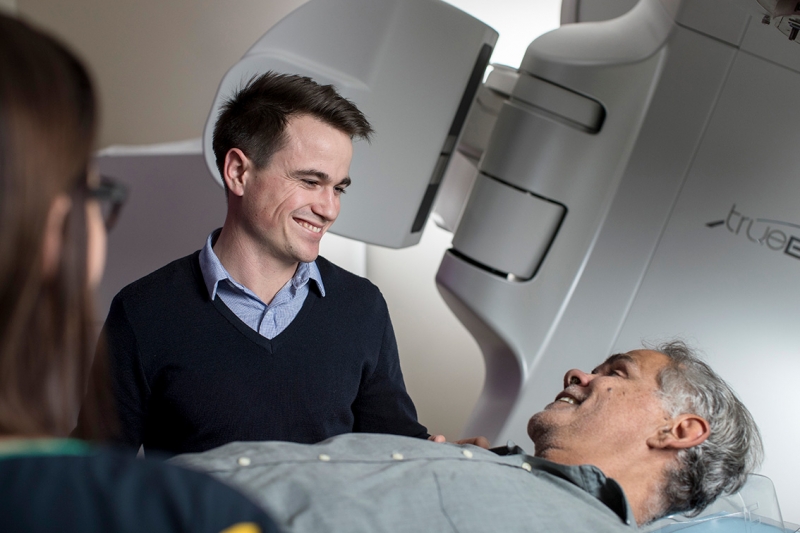The immune system is made up of cells and organs that protect the body from threats such as infections, toxins and abnormal cell growth. The immune system recognises when a foreign organism, such as a germ, enters the body and attacks it to stop it from harming the body.
Immunotherapy, or biologic therapy, is a type of treatment that uses your own immune system to fight cancer.

